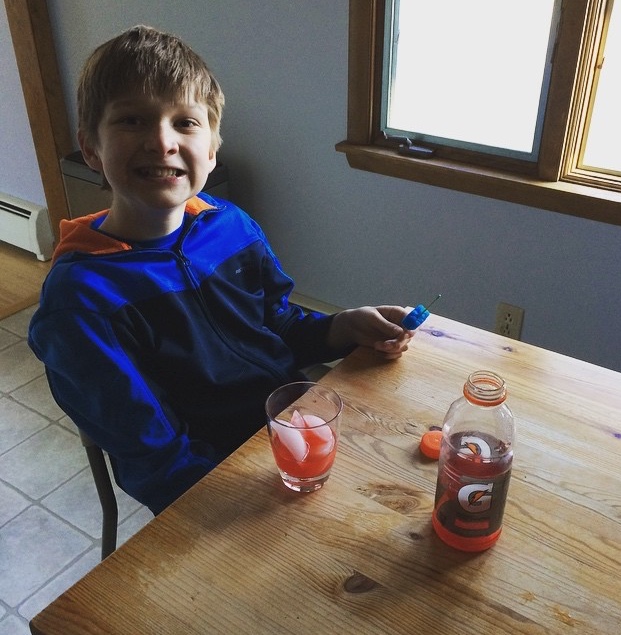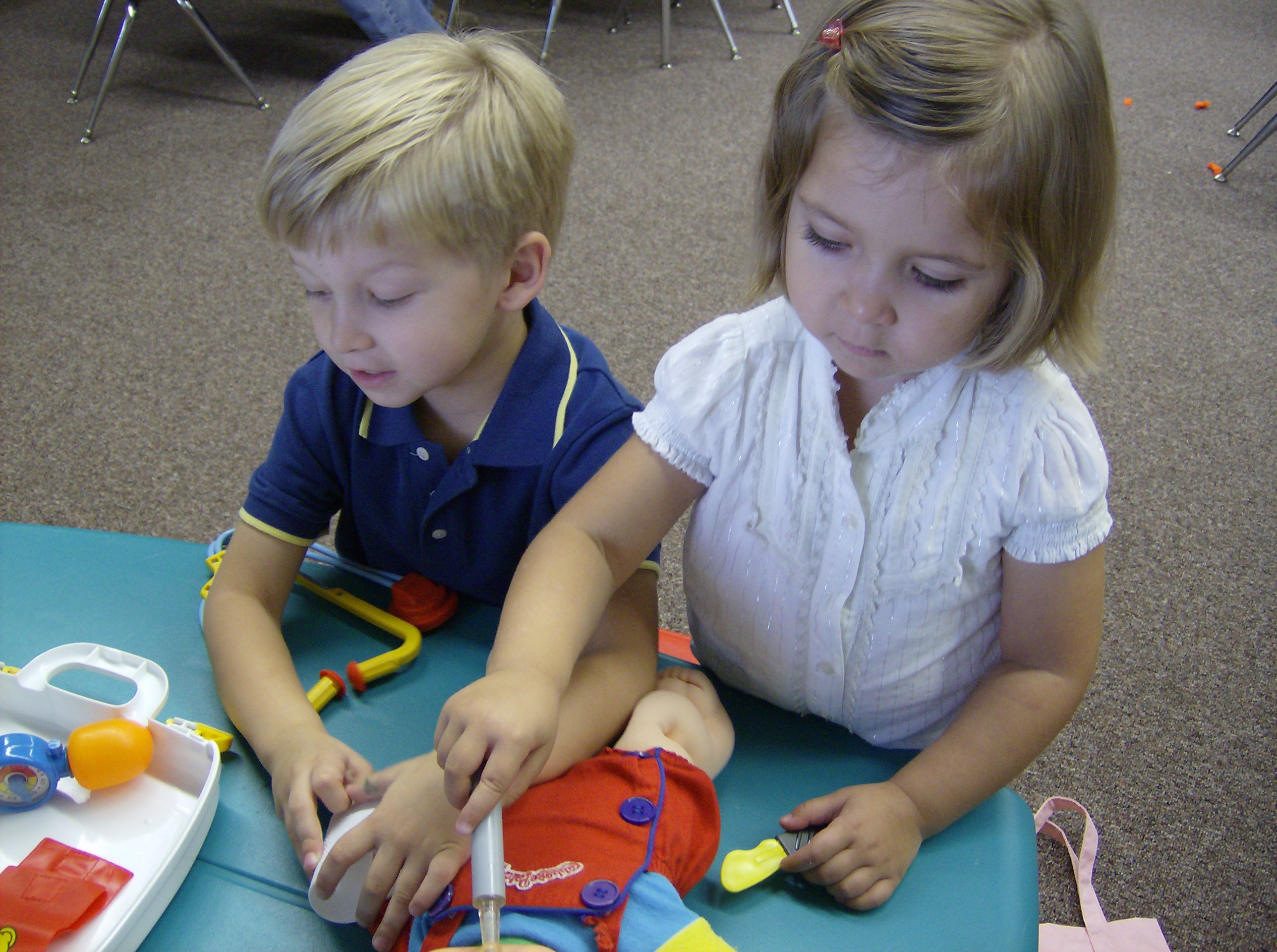
The stories we tell ourselves
Self talk. It’s that narration we use to look through at the moments of our life. That voice in our heads that tells us that we’re having a good hair day or that we look fat in that shirt. The voice that tells you that you’ve done a really good job getting through something tough or that you’re a complete failure and always will be.
J’s had a lot of training in self-talk and coping skills, but he always needs someone to walk him through it, because usually he’s in a state of distress when he needs that motivational story told to him. This week was the first time I’ve ever heard J’s little mind voice steering the emotional ship. It was back and forth conversation–not split personality Gollum from the Lord of the Rings type of back and forth conversation–more of a progression of an idea, thought, or argument. In fact, it was done very much in the same way I work through my own mental narratives–the negotiations I make with myself (if I get through this then all I have to do is this), the pep talks of “you’ve got this.” It’s just kind of funny to hear someone else give the play-by-play of their thought narrative out loud.

J was sitting on the floor of his room in black dress pants, a tee shirt, and wet hair. He had come home from his track meet, showered, and eaten a quick dinner, and I could tell he was having a hard time.
“I’m sad track is over. I wish it would go on and on and on,” he said when I walked into the room. He let out a big sigh, and that’s when I could tell his brain was trying to navigate his disappointment, because instead of talking to me, he started talking to himself. “But then there’s summer running,” he said, working forward, “and then there’s cross country.”

In the hour between the track meet and his choir concert, J went through this whole process, decompressing and recharging before the next big (stressful) event–standing with his choir on a stage with bright lights pointing in his face. This is such a big win. My post last week on mental health and the importance of teaching children to know how to work through things? This is exactly what I’m talking about. J didn’t have a meltdown at the track meet or the concert. Because he was able to find the time and space to mentally work through something that was distressing him. I can’t tell you how huge that is–huge that he didn’t have a meltdown. Huge that he had some downtime between two big events to process things. Huge that he talked himself through it without any help. Sure, he wanted someone to hear how he was feeling, but he didn’t need someone to help him navigate those feelings. He figured that out on his own.

That’s the hard thing about autism. J has a hard time identifying and explaining his feelings. And I forget. I assume things are okay because he’s not telling me what’s really going on. Thursday we went to a track meet and straight to a choir concert. I was thinking about timing and logistics and J’s hangry factor. I didn’t even think that J would be thinking about what kind of track meet he went to–that it was the last of the season. It’s that disconnect between me and him–the lack of communication that causes meltdowns and outbursts. Luckily he was able to work things out on his own.
It’s not just the end of track season he’s trying to work through. I know he’s been agitated at school. He tells me every day that he’s excited for the end of the school year, but transitions are hard, even the “good ones.” School is wrapping up. He’s going to graduation parties for his XC friends. He asks me every day what’s happening this summer. He’s trying to find things to look forward to while at the same time handle the feelings of saying good-bye to things for a season. Being a human with emotions is a complicated business.




